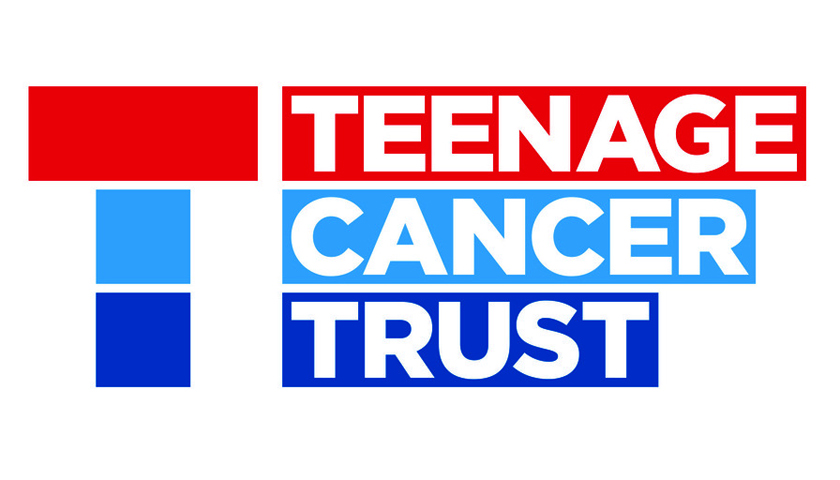Ahead of World Cancer Day last month, new research from Teenage Cancer Trust has revealed that less than half of 18- to 24-year-olds can correctly identify any of the five main signs and symptoms of cancer in young people.
The most recognised sign of cancer within the age group was lumps, bumps and swellings, but 56% were still unable to identify this as a potential red flag.
Of the other main symptoms of cancer in younger people:
- 58% couldn’t identify mole changes as cause for concern
- 62% did not recognise significant weight change could signal a warning
- 61% unaware unexplained tiredness could be a symptom
- 61% did not understand that persistent pain could be a sign
Awareness of all five warning signs – lumps bumps and swellings, unexplained tiredness, mole changes, pain and significant weight change – was low across all age groups surveyed, with 55% of UK adults unable to recognise all five, rising to 82% amongst 18-24-year-olds.
Dr Louise Soanes, Chief Nurse, Teenage Cancer Trust, said: “We hear time and time again from the young people that we support that they didn’t recognise the warning signs, and about the devastating impact that delays to their diagnosis have caused.
We urgently need UK Governments to develop specific public awareness campaigns for cancers experienced by young people.”
Half of young people put off GP visits
The study also found that almost half (47%) of 18–24-year-olds have put off going to their GP with a health concern, with a third (33%) admitting they’d postponed making an appointment more than once.
The most common reasons given by young people for putting off a visit was it being too much hassle to get an appointment (47%) and being worried about wasting GP’s time (45%). But worryingly, over a third (34%) had delayed as they were too scared to find out what was wrong with them, more than any other age group.
Dr Soanes adds: “It can be scary to think about cancer, particularly if you’re a young person, but it can happen to anyone of any age. Always listen to your body and if you have concerns never be afraid to seek help – the likelihood is that is isn’t cancer, but it’s always best to check.”
Ahead of World Cancer Day Teenage Cancer Trust is working with young people supported by the charity, who didn’t recognise common warning signs, to share their experiences and encourage others to educate themselves about the five main signs and symptoms by visiting www.teenagecancertrust.org/signs
Nella Pignatelli, 24, from London, who was diagnosed with B-cell acute leukaemia aged 22, after three months of mistaking her symptoms other ailments, including long-covid, said:
“You don’t think for a minute that you’ll get cancer aged 22.”
“By the time I was diagnosed my bone marrow cells were 95% cancerous – had it been left much longer I would have died.”
“I think when people do become worried about their health, they can feel like they are a hypochondriac or wasting a GPs time. But please trust your gut instinct and don’t be afraid to seek help. A simple 10-minute blood test explained my months of suffering.”
Phil Dobson, 26, from Newcastle, who was diagnosed with Rhabdomyosarcoma at 24, after thinking he had a urinary tract infection (UTI), said:
“On the first day of my symptoms, I started having trouble passing urine. I thought nothing of it because had been drinking alcohol throughout the day. When I started having pain in my bladder that was so bad that I couldn’t sit down, I thought it was a UTI.”
“I went to A&E and eventually spoke to a GP, who also thought it was a UTI. But I knew something was wrong when the prescribed medication didn’t change anything.”
“My symptoms only got worse, so a month later I rang the GP to request an appointment. At this appointment, a doctor found a lump which led to my diagnosis.”
“It’s difficult when you worry that you are wasting a GP’s time, but if you know that something is wrong, don’t hesitate to get it checked.”
Lauren Angrish, 25, from London who was diagnosed with Acute Lymphoblastic Leukaemia at 22, after initially thinking she had a bad reaction to fake tan, said:
“My GP laughed at me and said that I just have sensitive skin. They advised that I change my shower gel, but this didn’t improve anything.”
“My symptoms got worse, to the point where I was vomiting in public. I pushed the doctors again and was given a blood test. The day after my blood test, I was told that I had cancer.”
“If you know something isn’t right with your body, trust your gut and don’t be afraid to be assertive.”
